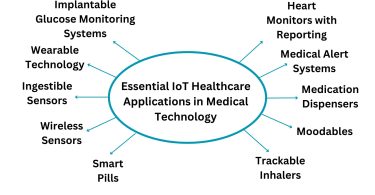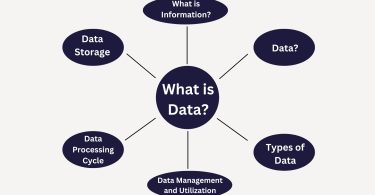The experience of working with generative AI systems like ChatGPT helps to understand the practical application of Natural Language Processing (NLP). These tools have shown that they are able not only to process large amounts of natural language data but also to produce responses that are so natural with a real feeling that the viewers will simply get hooked.
The employment of NLP in customer service processes is a key element of modern service delivery which is distinguished by intelligence and flexibility. NLP is one of the key technologies that enable the development of such services and systems that are dependent on the ability to analyze e-conversations or the textual messages in the chatbots and help improve the quality of the customer service. It can be applied in many ways, ranging from real-time training for service agents to obtaining insights on customer behavior and sentiment analysis.
The goal of NLP is to be able to understand the meaning of human languages by the usage of the technology called natural language processing that is nested in the artificial intelligence and data science domains. It is how computers utilize natural language understanding to conduct the analysis and comprehension of human language to enable the creation of advanced interactive conversations. NLP holds its ground in the race to the top as it is capable of transforming unstructured linguistic data into orderly and valuable words.
Businesses are now more likely to use online tools and interactive channels like chatbots and social media to reach out to their customers. This change necessitates creative approaches to humane understanding and response to customer’s requests. Here comes Natural Language Processing (NLP), the game changer in how companies solve customer service problems because of its new and clever ways.
What is NLP and How Does it Work in Customer Service?
It can be conceptualized as a subset within the domain of artificial intelligence, focusing on the interface between computers and human language. It empowers machines to understand the nuances of human language, including…
Intent Recognition: Establishing the hidden aim of the customer’s message, for instance, whether it is a question, complaint or need for information.
Sentiment Analysis: Determining the emotional context of a message, so businesses will be able to respond in a way that will be empathetic and find a way to alleviate any frustrations of the customer.
Entity Recognition: Highlighting important points of the customer inquiries like product names, order numbers and the specific questions raised.
NLP in Customer Service Operations/ Experience:
By applying these capabilities, NLP-powered tools can significantly enhance customer service experiences:
Chatbots: NLP is the basis of chatbot functionality and allows them to remain online 24/7, respond to customers and answer frequently asked questions as well as solve standard problems.
Virtual Assistants: Besides chatbots, virtual assistants also use NLP to understand customer requests and provide immediate support by voice commands.
Ticket Classification and Routing: NLP can be used to sort and direct messages to the right agent based on keywords and sentiment, thus ensuring that the appropriate agent has access to the information they need to respond effectively.
Personalized Support: Through reviewing previous exchanges and customer data, NLP can customize support experiences, recommending and offering solutions that are relevant to the customer.
Advantages of NLP in Customer Service:
Improved Efficiency: It helps human agents with routine tasks which helps them to handle complex cases and build stronger customer relationships.
24/7 Availability: NLP-empowered tools can be used any time of the day, 24/7 regardless of the human worker’s availability or time zone.
Increased Customer Satisfaction: The customer experience is improved due to quicker resolution times, personalized interactions and 24/7 support which ultimately increases the level of customer satisfaction and loyalty.
Data-Driven Insights: NLP can be used to analyze the customer communications to discover patterns, complaints and ways of developing products and services.
Future of NLP in Customer Service:
The incorporation of NLP within the realm of customer service continues to undergo development, with promising advancements anticipated in the near future. Here are some upcoming advancements of NLP and AI for customer service…
Advanced Chatbots: The chatbots empowered by machine learning will be more sophisticated, mastering the art of having conversations as well as learning from the interactions that have happened in the past.
Omni channel Support: AI will give us the ability to support our customers on any channel, improving customer experience as they move from one channel to another.
Emotion Recognition: In-depth NLP analysis will be most practical in understanding customers on emotional levels, which will be a base for representatives to provide professional and personalized support.
Self-Service Options: NLP can make the customers able to search for solutions to their problems on their own through the intelligent database and self-service portals.
Conclusion:
In a nutshell, NLP has been a game changer in the way customer service is being provided. Organizations can serve customers with faster, more efficient and individualized support which in turn would make customers happier and more loyal. As NLP technology gets more advanced, we can predict that it will come up with even more creative applications that will change the way businesses do their interactions.



